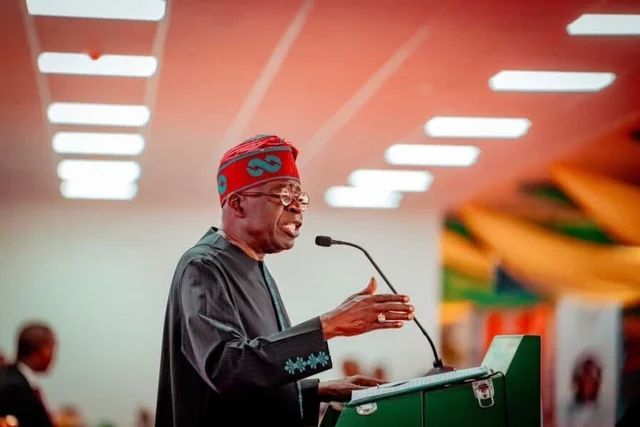When Donald Trump announced in late October 2025 that Nigeria would be designated as a “Country of Particular Concern” (CPC) under U.S. law, it carried serious diplomatic and policy implications.
Under the International Religious Freedom Act of 1998 (IRFA), this label is reserved for nations accused of committing or tolerating “particularly severe violations of religious freedom.” It does not automatically trigger sanctions but serves as a formal warning that the U.S. may impose restrictions, withdraw aid, or take diplomatic action if the situation does not improve.
In his statement, Trump declared, “Christianity is facing an existential threat in Nigeria. Thousands of Christians are being killed. Radical Islamists are responsible for this mass slaughter.” He then proclaimed, “I am hereby making Nigeria a ‘COUNTRY OF PARTICULAR CONCERN’.”
Here’s what that means in practice:
- Diplomatic Pressure: The U.S. can demand immediate government action to protect religious groups, especially Christians, and to prosecute those behind sectarian violence.
- Aid Restrictions: Economic or military assistance could be reviewed, reduced, or suspended if the administration concludes that the Nigerian government is complicit or negligent.
- International Scrutiny: The designation draws global attention, encouraging other nations and international bodies to pressure Nigeria on human rights and religious freedom.
- Policy Leverage: Washington can use the CPC status to push for reforms, accountability, and measurable steps toward protecting minority faiths.
President Bola Tinubu understands the gravity of this decision. The CPC label not only threatens U.S.–Nigeria diplomatic relations but could also impact trade, defense cooperation, and Nigeria’s image on the world stage. It sends a clear message: the U.S. expects decisive, transparent action to end religiously motivated violence — or risk escalating consequences.
It communicates to Nigeria, to the international community, and to U.S. domestic audiences that the U.S. government believes Nigeria’s failures in protecting religious freedom are serious and urgent.
By designating a country a CPC, the U.S. gains a number of policy options: withholding certain types of U.S. foreign assistance, limiting security cooperation or arms transfers, blocking export financing, and other measures. But none of those are automatic — the designation gives the President discretion to apply those tools.
It raises diplomatic pressure on Nigeria to address the conditions cited, for example, violence targeting religious minorities, attacks on places of worship, governmental failure to prosecute perpetrators, and/or state-complicity in religious discrimination. In this case Trump’s statement emphasised groups like Boko Haram, Islamic State West Africa Province (ISWAP) and militant Fulani herders as the alleged perpetrators.
It signals that the U.S. is preparing for the possibility of tougher action, even though immediate sanctions may not be imposed, the CPC designation is a step in that direction. For example, Trump asked U.S. lawmakers (such as Riley Moore and Tom Cole, and the House Appropriations Committee) to “look into this matter, and report back” as part of the U.S. Government’s follow-through.
From Nigeria’s perspective, the designation carries reputational consequences. It suggests the U.S. perceives serious failings in Nigeria’s protection of religious freedom. It may affect bilateral cooperation, U.S. assistance programmes, and Nigeria’s standing in diplomatic relations with the U.S. It may also complicate Nigeria’s defence, security and development partnerships.
However, important to note: being a CPC does not mean immediate sanctions or a cutoff of all aid. The U.S. retains flexibility. The U.S. State Department’s description of “particularly severe violations of religious freedom” includes things like torture, prolonged detention without charge, forced disappearances, or other flagrant denials of life, liberty or security of persons.

